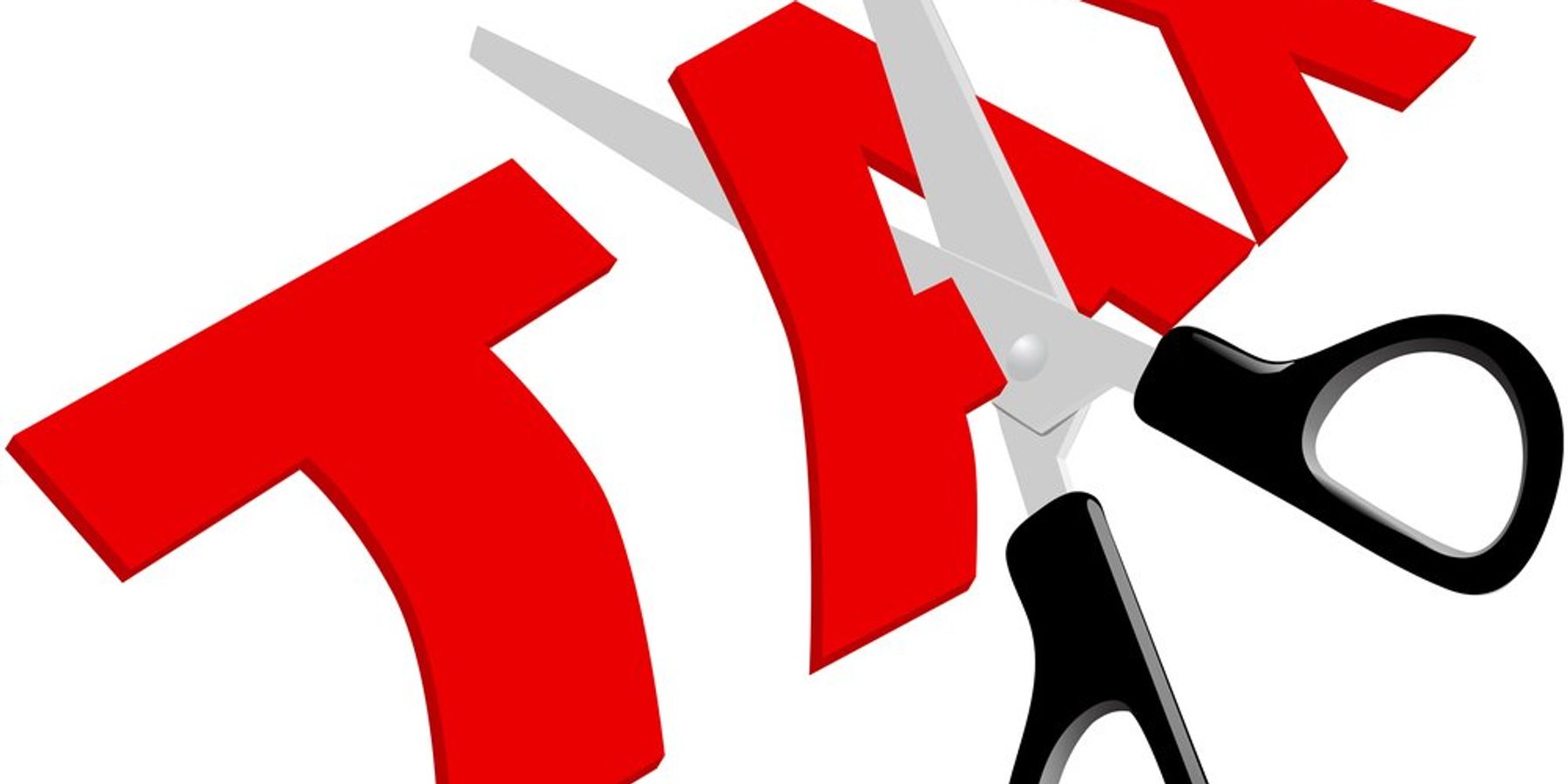
Canada and Germany show how backlash can sink poorly framed carbon pricing
Liberal leaders in Canada and Green ministers in Germany watched signature climate measures unravel when voters, squeezed by inflation, saw only higher bills instead of promised rebates or subsidies.
Sam Baker reports for Deutsche Welle.
In short:
- Conservative campaigners turned Canada’s revenue-neutral carbon fee into an “axe the tax” flashpoint, forcing Prime Minister Mark Carney to drop the consumer charge.
- Economist Gernot Wagner says sharing costs among taxpayers, companies and consumers — and avoiding the word “tax” — is vital for political survival.
- Germany’s generous, percentage-based heat-pump subsidy inflated prices to €30,000, prompting calls for a fixed rebate to match cheaper installations in the UK, Denmark and Poland.
Key quote:
"One issue with the carbon tax is that tax, sadly, is a four-letter word. It tends to be difficult to get yourself elected by basically shouting carbon tax."
— Gernot Wagner, climate economist at Columbia Business School
Why this matters:
Climate policy lives or dies at the cash register. When households spot a surcharge at the pump or on a heating bill, they rarely parse spreadsheets showing quarterly rebates or future savings. If politicians misjudge that psychology, they risk delaying emissions cuts that scientists say must accelerate sharply this decade. Carbon pricing and heat pump mandates are among the cheapest ways to drive down fossil-fuel demand, yet failed rollouts can harden public distrust and give polluters longer leeway to emit.
Related: Global support grows for carbon tax that also reduces poverty













